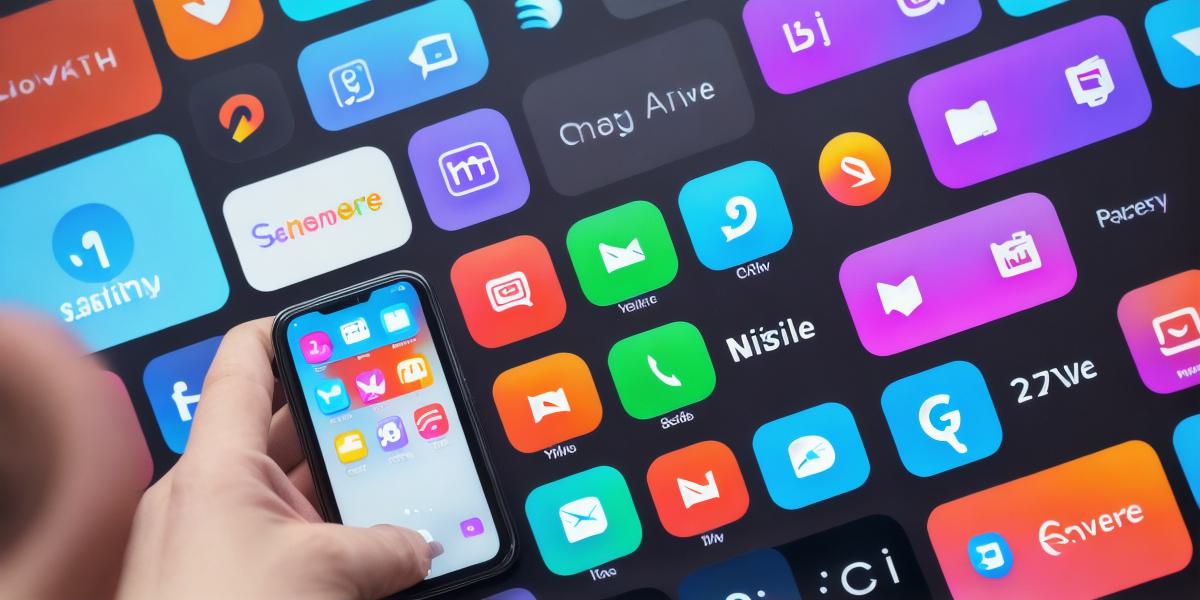Mobile gaming industry is constantly evolving, and developers are always pushing the boundaries to create immersive experiences for players. In this article, we’ll explore some anticipated features in upcoming mobile games that are expected to redefine the way we play.
1. Real-Time Multiplayer
Real-time multiplayer has been a staple of console and PC gaming for years, but it’s only recently that mobile games have started to embrace this feature. Real-time multiplayer allows players to compete or cooperate with each other in real time, creating a more social and engaging experience. Games like PUBG Mobile, Call of Duty: Mobile, and Clash Royale are leading the charge in this area.
2. Augmented Reality (AR) Integration

AR technology is no longer just a gimmick; it’s becoming an essential feature in mobile games. AR integration allows players to interact with virtual objects in the real world, creating a more immersive experience. Pokemon GO is perhaps the most well-known example of AR in mobile gaming, but we can also expect to see this technology used in upcoming titles like Harry Potter: Wizards Unite and Ghostbusters World.
3. Cloud Gaming
Cloud gaming is another feature that’s starting to gain traction in the mobile gaming world. It allows players to stream games from remote servers, eliminating the need for high-end hardware on their devices. This not only makes games more accessible but also opens up the possibility of playing AAA titles on mobile. Google Stadia and Microsoft xCloud are two prominent examples of cloud gaming platforms that are expected to make a significant impact in the mobile gaming industry.

4. AI and Machine Learning
AI and machine learning technologies are being used more frequently in mobile games to create dynamic and personalized experiences for players. These technologies allow games to learn player behavior and adapt to their preferences, making each playthrough unique. Examples of this can be seen in games like Monument Valley 2, which uses AI to generate custom levels based on a player’s progress, and chess apps that use machine learning algorithms to suggest moves.
5. Blockchain and Cryptocurrency Integration
Blockchain technology and cryptocurrency are making their way into mobile gaming as well. This integration allows players to buy, sell, and trade virtual goods using real-world currency, creating a more transparent and secure marketplace. Decentraland, Axie Infinity, and CryptoKitties are some examples of games that have already integrated blockchain technology and cryptocurrency.
In conclusion, the mobile gaming industry is continuously evolving, with features like real-time multiplayer, AR integration, cloud gaming, AI and machine learning, and blockchain and cryptocurrency integration leading the charge. These advancements are not only making games more immersive and engaging but also expanding their reach to a wider audience. As developers, it’s essential to stay informed about these trends and incorporate them into your projects to create truly innovative gaming experiences.
